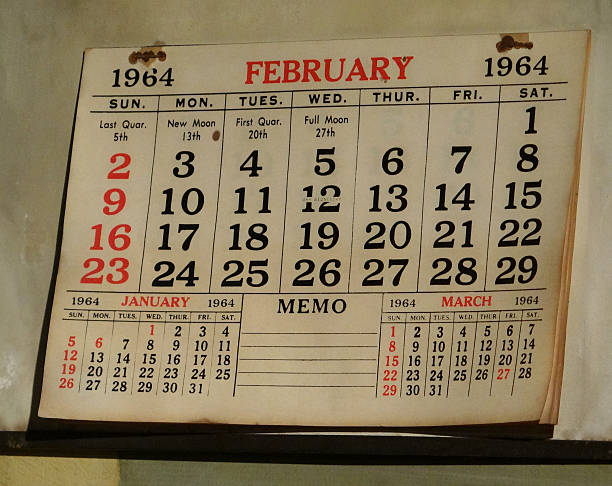
"By the Signs"

An article from the 1973 Gastonia Gazette about planting by the signs
Before many had access to accurate meteorological forecasting, farmers made use of the Farmer's Almanac, which made weather forecasts and gave farming advice based on moon phases and astrological signs (see a page of the Almanac below).
Many farmers in the Southern Appalachians and the Piedmont relied on the Almanac's guidance to inform when and what they planted, what season to harvest, and when they should slaughter livestock. This practice was referred to as planting "by the signs" or going "by the signs," and it was common among many older generations of Chatham farmers.

A page from the 1850 Farmer's Almanac. The Almanac gave detailed, daily predictions of astrological and meteorological phenomena.
"[The Almanac] show[s] the observer what kind of weather will most probably follow the entrance of the moon into any of its quarters, and that so near the truth as to be seldom or never found to fail"
- Farmer's Almanac, 1941
Listen to the Recordings

Andy Wilkie
By the Calendar
Description:
Wilkie recalls his family planting crops by the sign
Transcript:

Georgia Barth
No Weatherman
Description:
Barth talks about the importance of the almanac in farm life
Transcript:

Larry Smith
On the Earth, Not the Moon
Description:
Smith remembers his mother's skepticism towards planting by the sings
Transcript:

Andy Pugh
The Farmer's Almanac
Description:
Pugh describes the old tradition of consulting the Almanac
Transcript:

Robert Russell Webster
Sign Wasn't Right
Description:
Webster recalls how sign influenced farm life for his grandfather